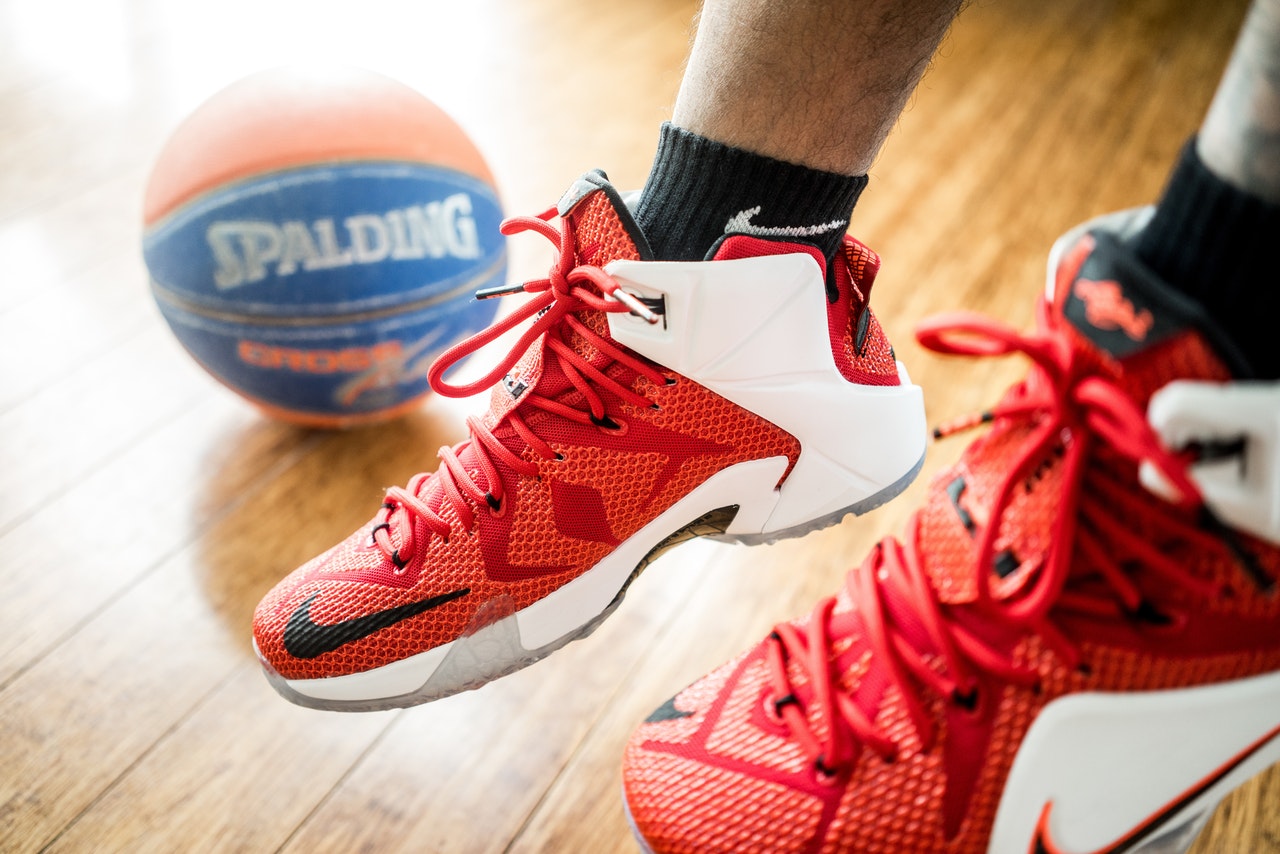Last year, my brother and I witnessed the Toronto Raptors’ four-point victory to clinch the NBA championship. As the Golden State Warriors fans cleared out of the arena, we made our way courtside to cheer our team, to express gratitude and appreciation. This was the pinnacle of our fandom: the cathartic release of years of basketball failure, mockery, and suffering.
Little did we know that just a few feet away, racism was, once again, flexing its muscles. Team president Masai Ujiri, who is Black, was making his way to the arena floor to celebrate with the players and receive the championship trophy. Sheriff’s deputy Alan Strickland, who is white, violently confronted him and later accused Ujiri of assault and battery, suing for damages. This encounter robbed Ujiri of the joy and elation he rightly deserved in the moment, the very joy and elation that I was revelling in at the time.
More on Broadview:
- Toronto Raptors Game 6 showed me true community
- 5 resources to help you become a better ally to Black people
- What I need from white people right now
These many months later, in a COVID-altered reality, basketball playoffs are underway in a quarantine bubble. This experiment in pandemic protocols requires team members and staff to stay on-site at all times, effectively isolating them from the outside world. Which does not mean the outside world can’t affect them. When Jacob Blake was shot seven times in the back by police officers in Kenosha, Wis., some players felt trapped by the protocols designed to protect them.
They questioned their choice to enter this basketball isolation chamber and lamented their inability to do anything. The NBA quarantine bubble in Disney World is an apt metaphor for the age-old conundrum of how best to effect social change: from within the system or beyond it?
When Raptors players first mentioned the possibility of boycotting their upcoming high-stakes playoff game, my heart leapt. I never questioned their resolve and commitment to their principles. I knew they deployed out-of-the-box strategies and tactics within games; I was delighted that they were equally creative and risk-taking in the fight for justice. Their wondering and discussions with other teams within the bubble quickly bore fruit.
The Milwaukee Bucks, who play their home games 57 kilometres north of Kenosha, were the first team to boycott their game. Guard-forward Sterling Brown was one of the player representatives making a team statement and calling upon state government officials to act. Two years ago, he was swarmed by a team of police officers and tasered for a parking infraction.
I applaud these celebrity athletes for using their platform to effect social change. More than slogans emblazoned on the sidelines and their jerseys, more than any hashtag campaign, they are taking a stand, putting intentions into concrete action. They are using the very attention that they garner to shine a spotlight on issues that matter. They are prioritizing other lives over their livelihood.
The players are not seeking to change the world of professional basketball, they are labouring for a better world beyond their sport. They are advocating against systems of oppression, ingrained fear, skin-deep judgments and professionalized prejudice. They have witnessed and experienced the microaggressions and macro-injustices perpetuated by a social system that assumes everyone is white, or should be.
They understand that disrupting the financial well-being of billionaire owners who hold political sway in the halls of power is the only way to see real action. Money talks. Threat of losing money screams. The wave of support and similar postponements has rippled through other professional sports leagues.
It’s more than any team. It’s about humanity. It’s more than just a game. It’s about life itself. Last year, I thought I could not be prouder of my team. I was wrong.
***
Rev. Kenji Marui is the coordinating minister of worship and care at Calvary United Church in London, Ont.
I hope you found this Broadview article engaging. The magazine and its forerunners have been publishing continuously since 1829. We face a crisis today like no other in our 191-year history and we need your help. Would you consider a one-time gift to see us through this emergency?
We’re working hard to keep producing the print and digital versions of Broadview. We’ve adjusted our editorial plans to focus on coverage of the social, ethical and spiritual elements of the pandemic. But we can only deliver Broadview’s award-winning journalism if we can pay our bills. A single tax-receiptable gift right now is literally a lifeline.
Things will get better — we’ve overcome adversity before. But until then, we really need your help. No matter how large or small, I’m extremely grateful for your support.
Jocelyn Bell
Editor/Publisher
















If these athletes wanted to make a social stance or difference, they would put their millions where their mouth was. Pro sports and its greed is now way out of hand. An average NBA player earns $120,000 per game. (whether they play the whole game or not).
For the “Black Lives Matter” movement – here’s a start against “capitalism”, let alone the owners.